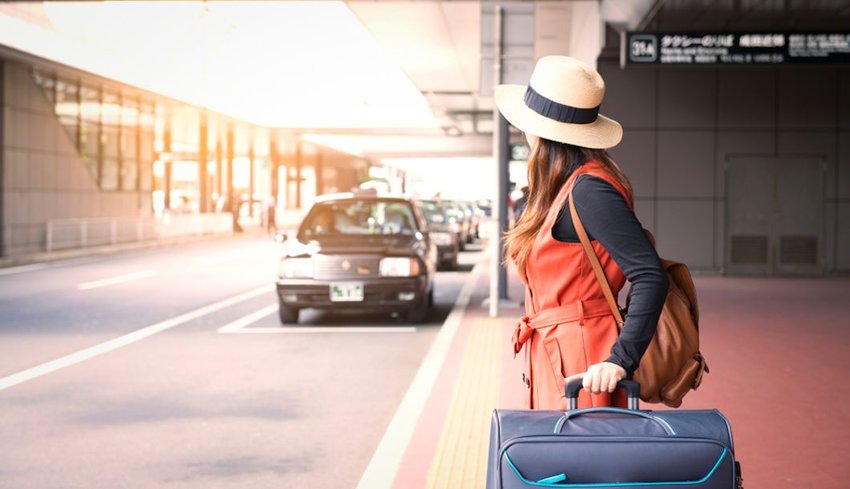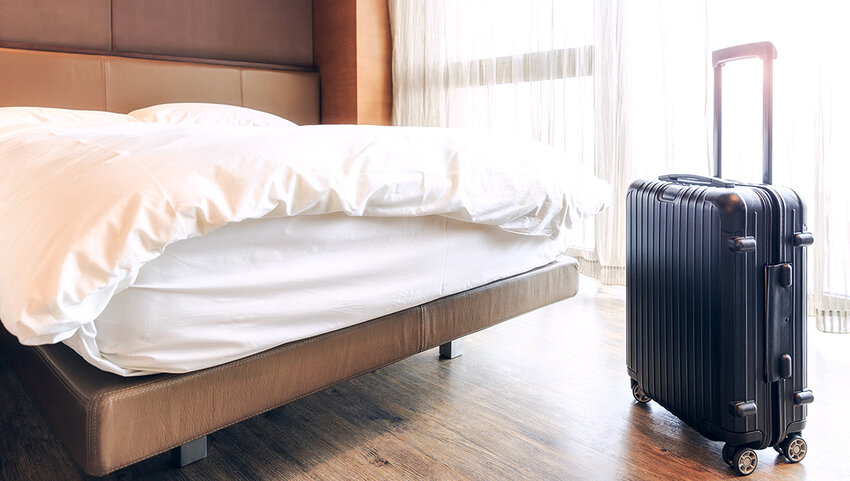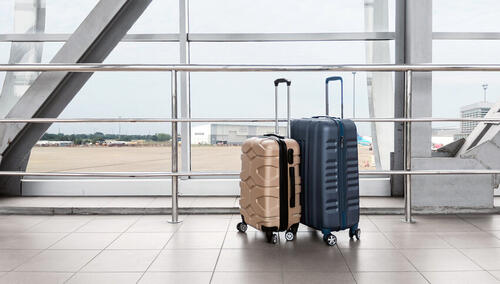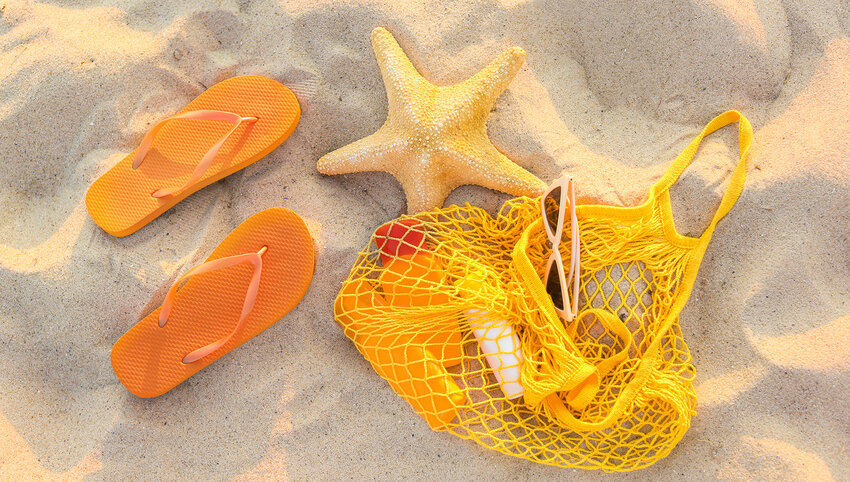With so much travel safety advice out there, it can be hard to enjoy vacation when you're constantly worried that an accident, crime, or other disaster can happen. But finding the line between exploring boldly and hiding in a tourist bubble is easier than you think; instead of scaring you with horror stories or emboldening you to behave recklessly, we're here to simply provide the travel safety tips you should always follow.
Get Familiar with the State Department
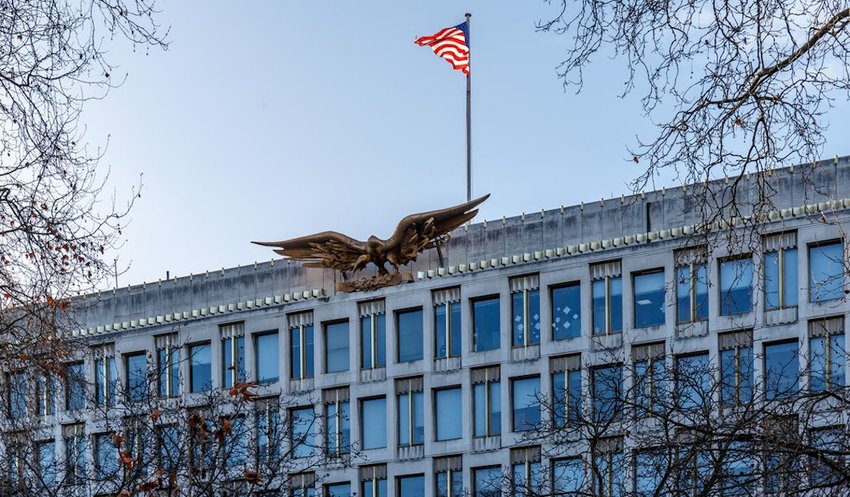
Before stepping onto new land, do some research. You don't need to learn the entire history of your destination, but it helps to at least know some information in case of an emergency. A lot of what you're looking for is available through the U.S. State Department. Where is the nearest U.S. embassy? What phone number is used for emergency services? Are there any neighborhoods to avoid? Are there protests going on where you're headed? Write down or save that information and keep it on you at all times while traveling.
You should also register with the U.S. Embassy if you're traveling overseas using the Smart Traveler Enrollment Program (STEP).
Keep an Emergency Card Accessible
Write down (ideally, laminated and also on your phone) a list of emergency contacts as well as any medical conditions, health issues, medications, or allergies you may have. Keep the printed copy with your ID in case of an emergency. It's also not a bad idea to look up the translation of any medical considerations ahead of time, in case you need to quickly convey information to a foreign official.
Make Copies of Important Documents
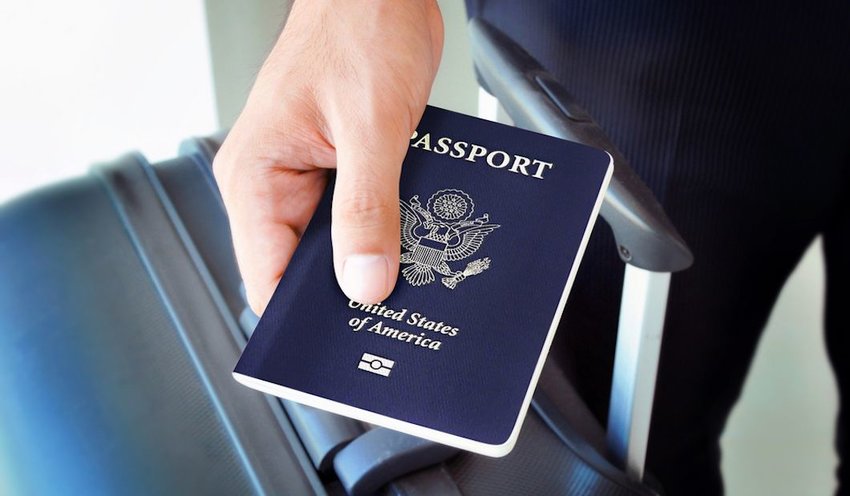
Make copies of your driver's license, passport, birth certificate, and any other important documents you may need to travel. Save them to cloud storage — or somewhere you can easily access them if they get lost or stolen — and keep print-outs on your person in case you have issues getting home.
Have a Reliable Contact at Home
Before leaving for your trip, make arrangements with someone at home to check in daily. Also send this person a copy of your travel itinerary so they know where you'll be in case of an emergency, and be sure to exchange important phone numbers (yours, theirs, your hotel's, and any other appropriate places).
Lock Up Your Valuables
As a disclaimer, it's never a victim's fault if someone else commits a crime. That said, most robberies, burglaries, muggings, and thefts are crimes of opportunity; if you don't bring or wear anything valuable, it can't be stolen. If, for some reason, you do need to bring valuables with you on a trip, keep them locked in your hotel safe. For valuables you carry on your person like your phone, laptop, passport, etc., keep a small slash-proof bag with lots of pockets and a lock.
Keep Records of Your Rides
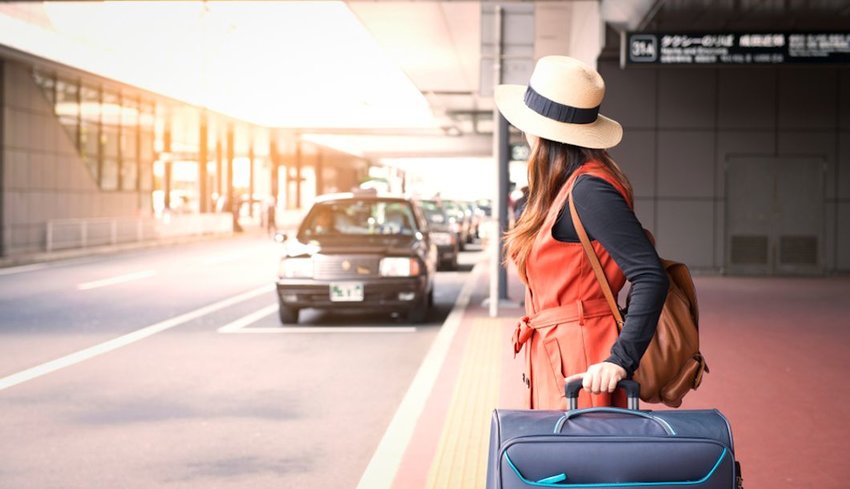
Always double-check your Uber driver's name and license plate before getting inside of a vehicle. If you take a taxi, text or take a photo of the taxi ID number. These won't just keep you safe, they'll also come in handy if you leave something behind in the car.
Make Sure You're Insured
Check with your health insurer before you leave for your trip to see if you'll be covered overseas. You may also want to spring for travel insurance in case of an emergency, be it medical, natural, or national, while you're away.
Pay Attention to Your Surroundings

It seems obvious, but it's easy to be distracted by breathtaking scenery or snapping a photo that you may not notice a pickpocket sweeping through the crowd. Also, if you stick out as a tourist, you're more likely to become a mark for bad people. You don't need to be paranoid or rude, but you should carry yourself with confidence and social and spacial awareness to make it clear that you've got your wits about you.

